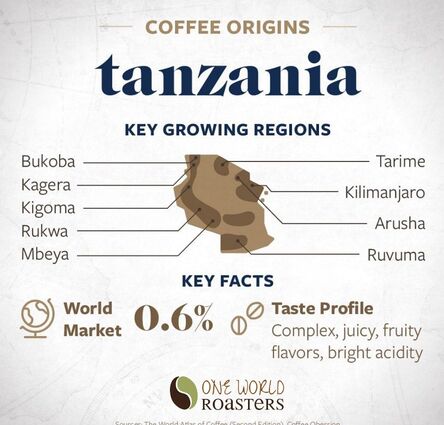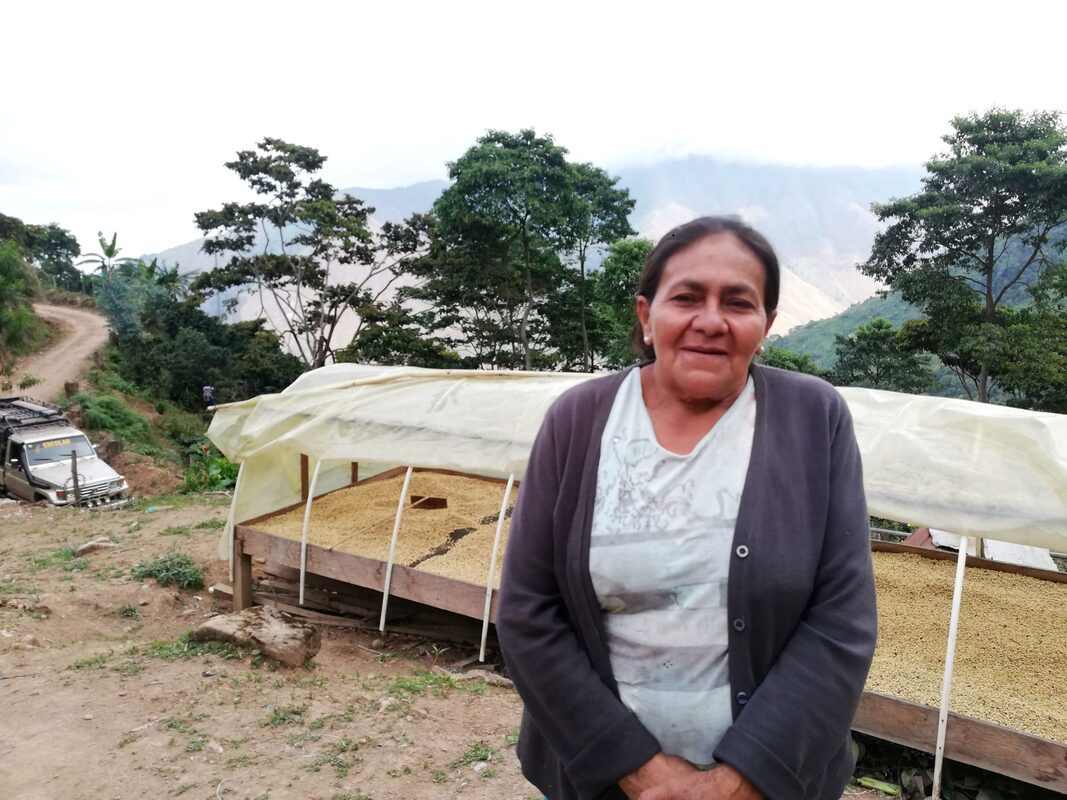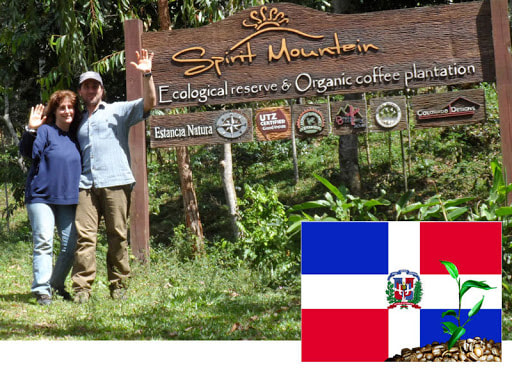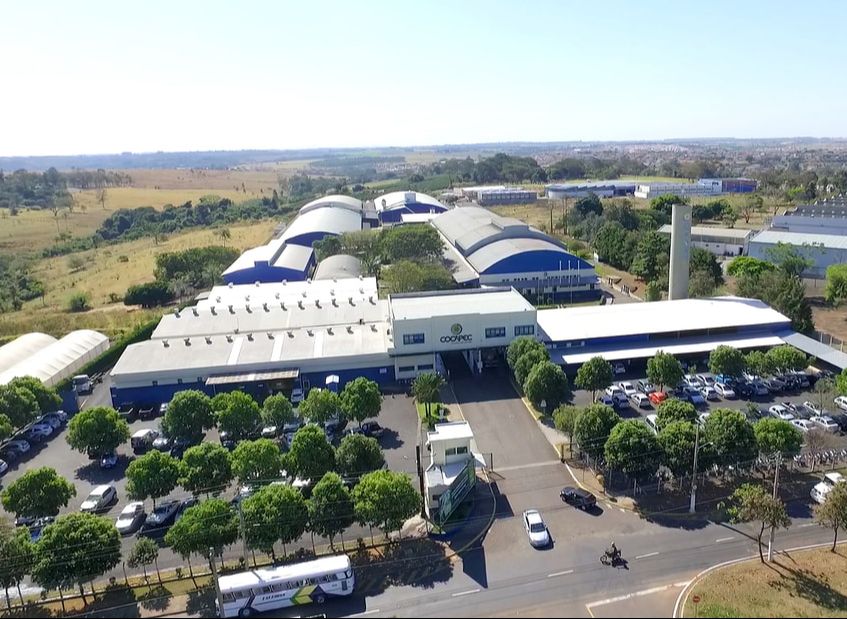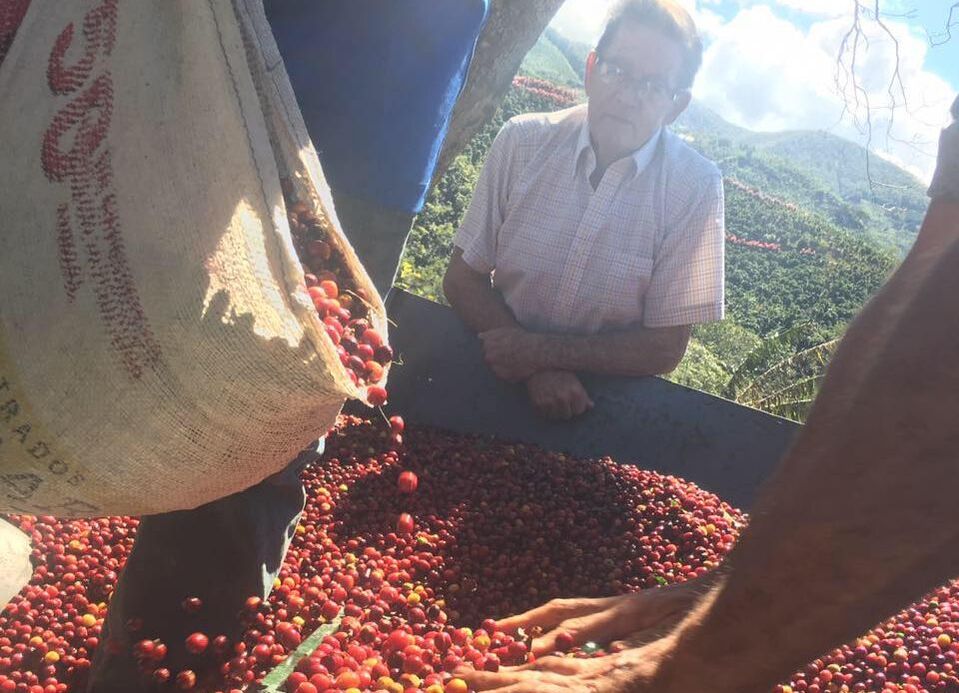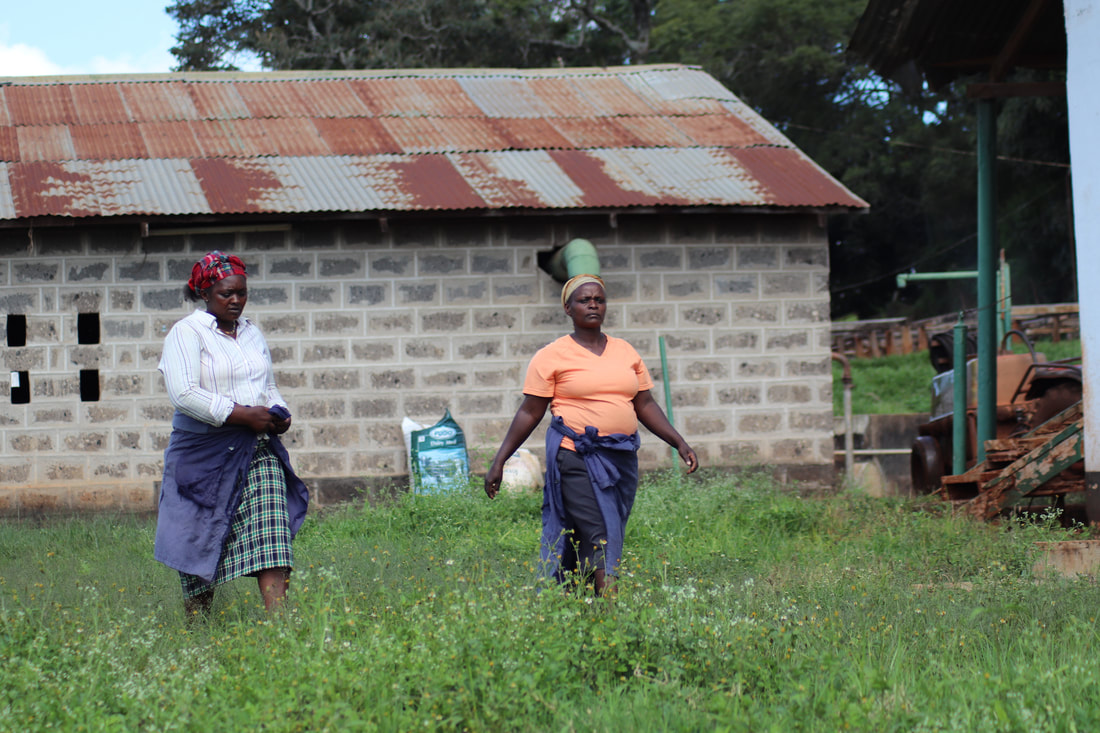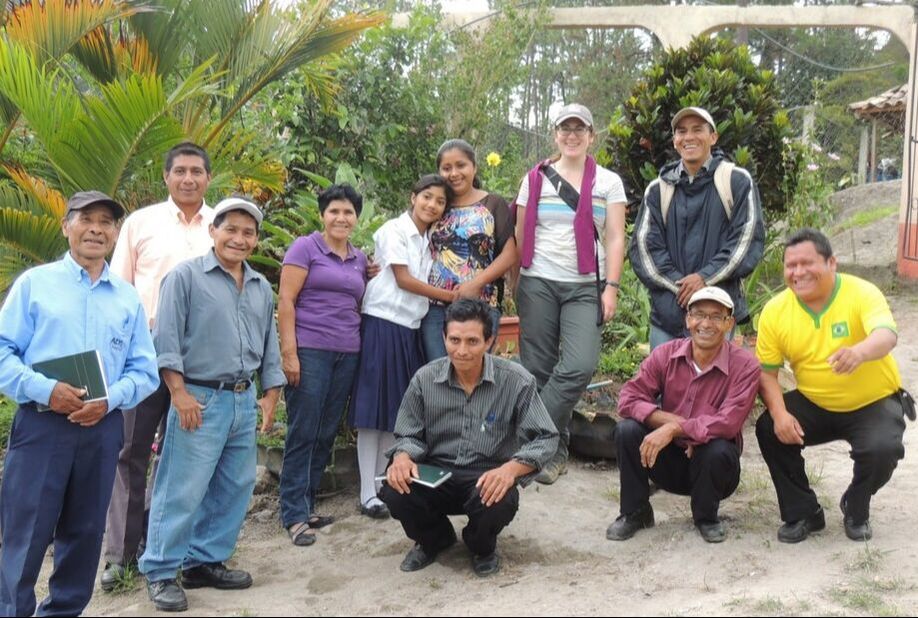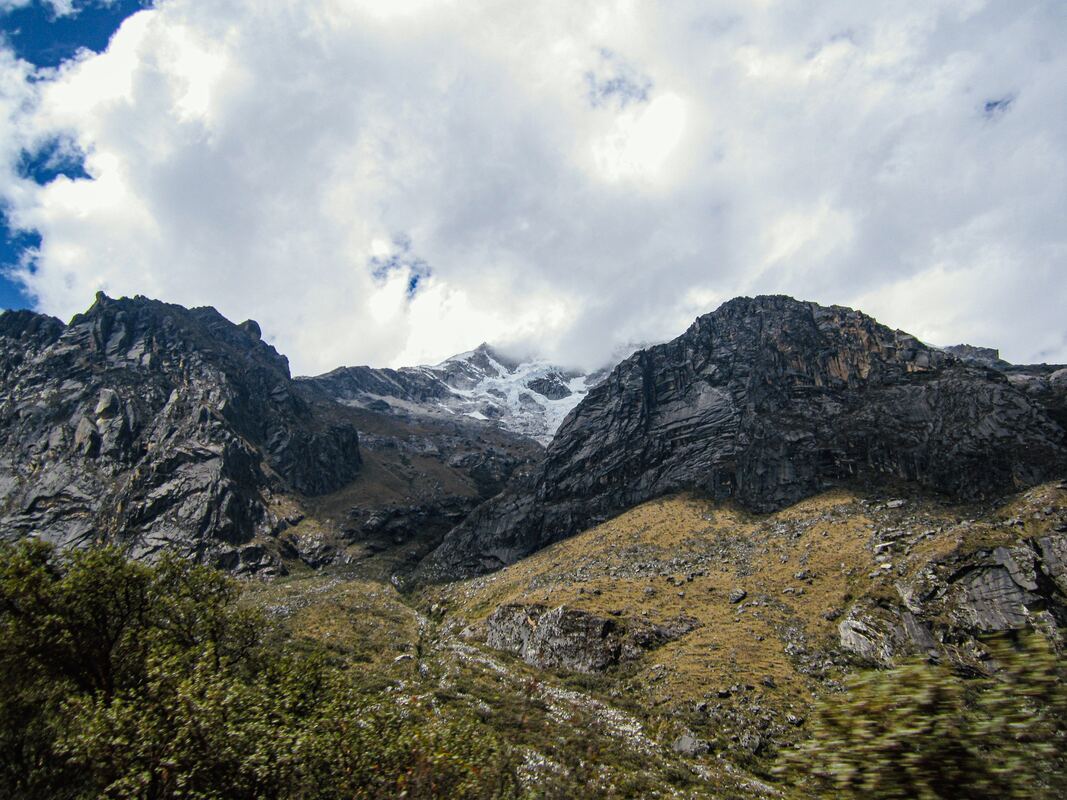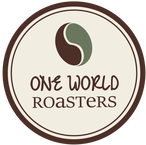Farm-Level Coffee Information
We're proud to work with small, independent farms and co-ops that bring us amazing beans to roast, while being mindful of their impact.
Tropics of Kalinzi Special Reserve
|
Kalinzi Village, tucked away in the tropical Kigoma region of northwestern Tanzania, is home to a vibrant network of independent small farmholders that we’re very proud to be working with. As an institution, Kalinzi Village embodies the spirit of conservation and ethical treatment we hold all of our coffee suppliers to.
It feels good to keep things sustainable—but with shade grown coffees, farmers aren’t just doing good, they’re shipping us coffee beans with extraordinary flavor profiles that simply aren’t possible in other commercial practices! Our Kalinzi Tropics Special Reserve is a perfect example—the slow and steady ripening process that takes place under the natural Kigoma forest canopy, produces a complex and deeply flavorful coffee cherry with sweet plum and melon notes balanced with just the right tang and a heavenly lemon zest aroma! |
Sol NacienteRegion: Sierra Nevada, Colombia
Sol Naciente was founded in 2008 with the goal of bringing together competing producers from the Sierra Nevada region. These producers came from two towns — Siberia and San Pedro — which are located in Cienaga. Most of the producers are victims of armed conflict and have only recently been able to reclaim their land thanks to a restitution program. Now that they have their land back, they have put it to good use by providing high-quality coffee for you to enjoy. Help support them, by trying their delicious Sierra Nevada single origin! |
Spirit MountainRegion: Pico Duarte, Dominican Republic (Direct Trade)
Spirit Mountain is an organic, fair trade coffee farm in the Dominican Republic located in the famed Pico Duarte region. They are UTZ Organic Certified, Rainforest Certified, and Socially Responsible. Spirit Mountain also gives back to its community — one that is too often exploited by brokers — by operating a school to educate residents in their area. The farm is located in a unique spot within the Dominican Republic where its coffee is grown on a granite substrate, rather than on calcium, as is usually the case with other farms in the DR. We have a Direct Trade relationship with Spirit Mountain, which ensures that all of our support goes straight to Spirit Mountain, so they can continue to be an asset to their community. |
COCAPECRegion: Mogiana, Brazil
In July 11th, 1985 the Cooperative de Cafecultores e Agropecuaristas (COCAPEC) was born. In its first year, COCAPEC had 300 members, today it has over 2,000. COCAPEC is known within the region for its excellent technical support and natural drying methods. The technical department works with its members to guarantee consistent high quality coffee. Currently, the Mogiana region has an annual production of about 1 million bags of coffee — 85 percent of which are specialty coffee beans produced at the ideal altitude and temperature. |
AFAORCARegion: Tarrazu, Costa Rica
Asociación de Familias Orgánicas de los Cerros Caraigres (AFAORCA) is a co-op in the Tarrazu region of Costa Rica that has been producing Fair Trade Organic coffee for over 20 years with just under 1,000 bags of coffee sold. The co-op is composed of over 32 families that mostly produce coffee at 4,900 ft above sea level. The farm attributes its great-tasting coffees to the distinct types they grow — Caturra and Typica. |
Kirimiri Farmers Cooperative SocietyRegion: Embu, Kenya
The Kirimiri Farmers Cooperative Society resides in Embu Region and has about 900 active members with about 90 hectares (225 acres) devoted exclusively to coffee cultivation. |
COMSARegion: Marcala, Honduras
In 2000, 62 Honduran coffee farmers joined together to create COMSA (Cafe Organico Marcala S.A). In 2001, they were able to obtain an organic certification thanks to a foundation called Funder. This enabled COMSA to market their coffee to more international buyers and get better purchase prices for their coffee. In 2006, COMSA applied for the renowned Fair Trade Organic certification, which helped them fund social projects like paying teachers and purchasing school supplies. The extra profits earned from the FTO certification were used to construct kitchens in schools in support of the Merienda Escolar program, which provides meals for school children. We are proud to support the efforts of this farm! |
GALLITO DE LAS ROCASRegion: Cajamarca, Peru
Founded in 2012, Gallito de las Rocas Collective is a union of 279 small producers with generations of coffee farming history in the area. The collective’s plantations are nestled in stunning elevations of 1500 - 1900 meters above sea level, promoting a gradual ripening process that cultivates the robust and distinctive flavor characteristics of the prized Cajamarca coffees. These select producers still use traditional farming methods across small individual plots in the Cajamarca region to not only ensure their coffees meet rigorous international standards, but limit their impact on endemic ecosystems. |

